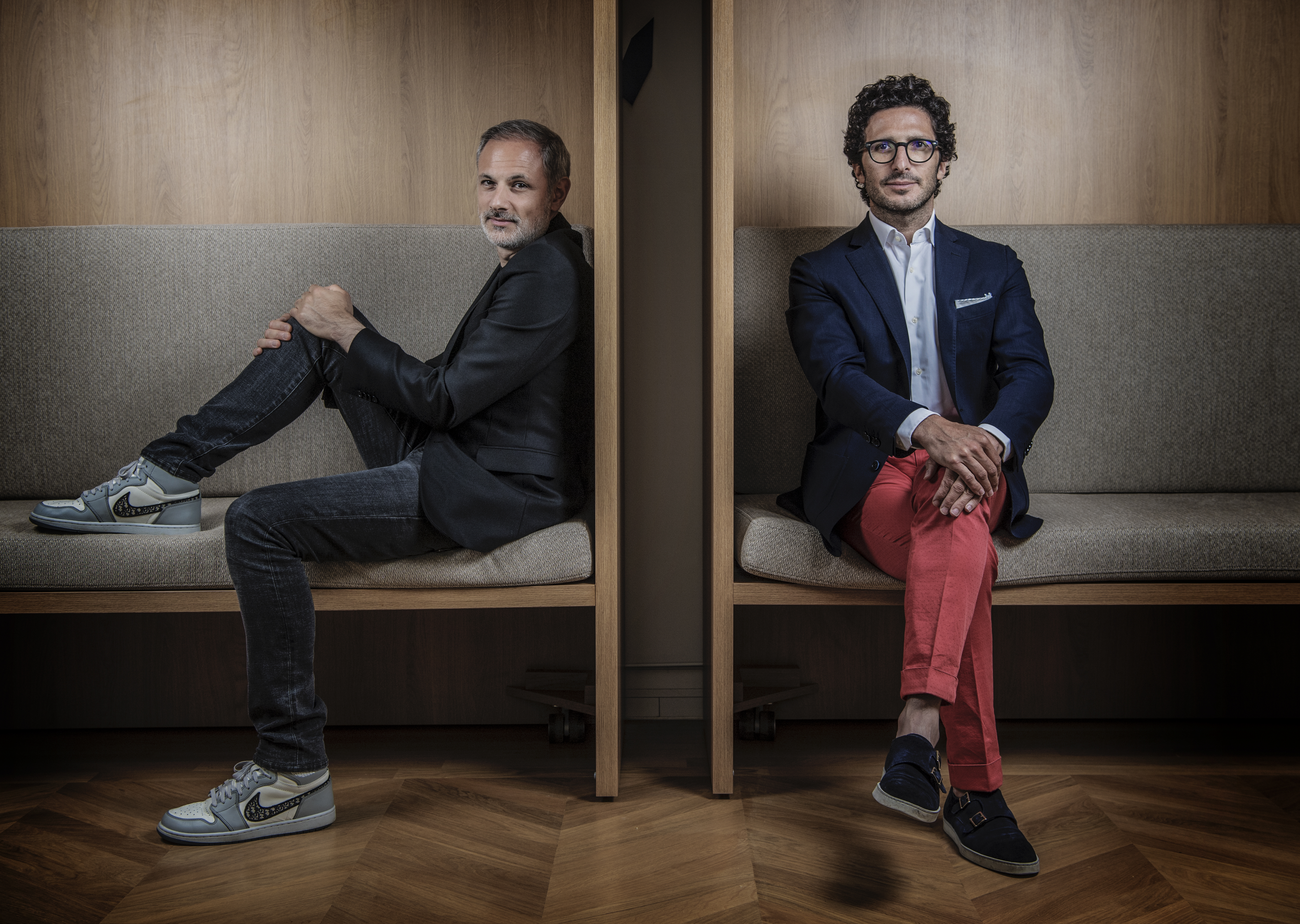French startup Mirakl has closed a new Series E funding round of $555 million. Following this round, the company is now valued at $3.5 billion. Mirakl helps you launch a marketplace on your online store for your end customers or for your B2B clients. It’s a software-as-a-service marketplace, meaning that Mirakl manages the marketplace for you.
Silver Lake is leading the investment with existing investors 83North, Elaia Partners, Felix Capital and Permira also participating. With today’s funding round, Mirakl is experiencing a sharp valuation bump as the company closed a $300 million funding round at a $1.5 billion valuation last year.
Some of Mirakl’s clients include ABB, Accor, Airbus Helicopters, Carrefour, Express, Leroy Merlin, The Kroger Co and Toyota Material Handling.
Chances are you’re already familiar with marketplaces on online stores. If the e-commerce brand doesn’t have the item you’re looking for, they might be recommending some third-party sellers. You can buy the item from this third-party seller directly on the store you’re using. Mirakl helps you add a marketplace to your site.
On some online stores, marketplace transactions have overtaken in-house transactions. It’s a lucrative shift as e-commerce companies don’t own the inventory of third-party sellers. It frees up some capital to increase reach and online sales.
And that trend isn’t limited to consumer-facing online stores. B2B marketplaces are emerging. For instance, car manufacturers rely on many different suppliers. They could all list parts directly on a marketplace so that repair shops can easily find the right part to fix a car.
When you add a marketplace component, you switch from a one-to-many model to a many-to-many model. It means that you have to make sure that you’re taking advantage of your marketplace by partnering with the right third-party sellers. As a third-party seller, it also means that you need to list your products on as many marketplaces as possible.
That’s why the company has also built something called Mirakl Connect. The startup positions itself as a center piece of the marketplace ecosystem by connecting online stores with sellers. Mirakl customers can use Mirakl Connect to find third-party sellers. And third-party sellers can more easily list their products on Mirakl-compatible marketplaces.
With today’s funding round, Mirakl plans to increase the size of its engineering team. It’ll add 350 engineers on top of its team of 500. Similarly, the customer success team will double in size. In other words, things are going well for Mirakl, so let’s invest.

Image Credits: Mirakl
https://ift.tt/39uo9sw Marketplace platform Mirakl raises $555 million at $3.5 billion valuation https://ift.tt/3kt4Oi3






























